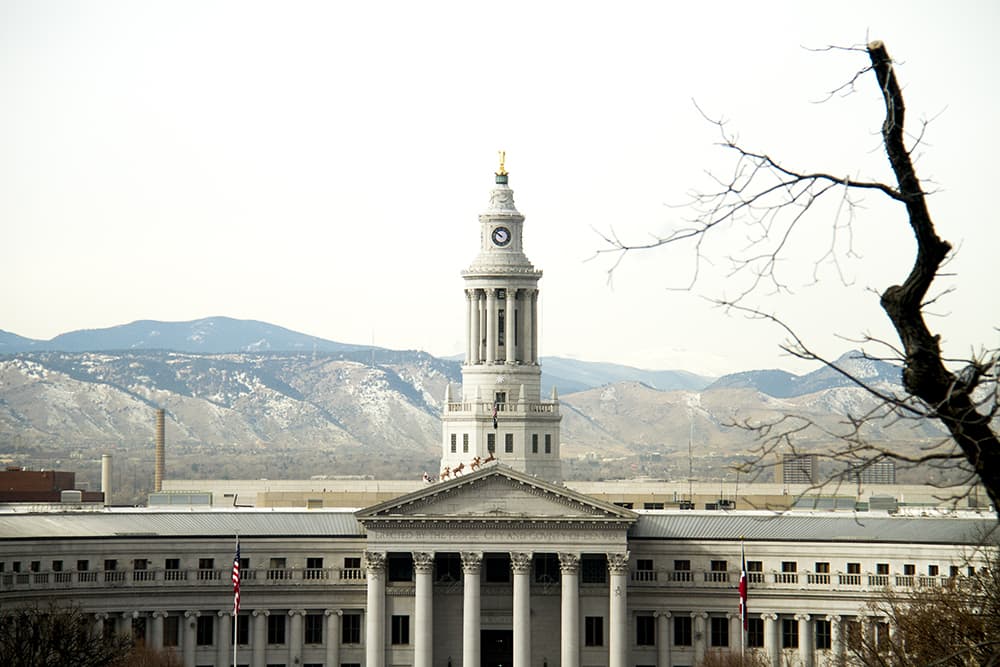Considering Denver's record-breakingly dry and snowless autumn, it's hard not to wonder what kind of impact these anomalies will have in the long term. Is this weather a bigger signal of what's to come?
We talked to Noah Molotch, an associate professor and fellow at the University of Colorado Boulder Institute of Arctic and Alpine Research. He broke down the difference between observable climate change and regular fluctuations in mountain weather, and how the two phenomena interact.
One of the most important differences to note is that weather and climate are not the same. Weather can be volatile, unpredictable and short term, while the effects of climate change can be observed through broader, longer-term impacts on weather trends.
Molotch explained that this year's dryness is still within the regular bounds of yearly variability, but the heat compounding its detrimental effect may be the result of climate change.
"There are aspects of [this year] that might represent the future," Molotch said. "What we would expect is that more of our early winter and fall storms on the Front Range will come as rainfall and less so as snowfall."
And unfortunately, climate change is only one part of the city's heat-trapping problem.
The Denver metro area gets the majority of its drinking water from mountain snowpack, so we also asked what this dry spell is doing up in the Rockies.
Molotch said that the weather stations at higher elevations, at around 11,000 feet, are showing about 80% of the regular snowpack. But go lower, or at least "relatively lower," to 8,000 feet, and the snowpack dwindles to around 50% of the average.
"The amount of water that's typically stored in the snowpack this time of year is not very high anyway," Molotch said. "But to be starting off the season at below-average condition is not a good situation."
Unseasonably warm temperatures and dwindling snowpack at lower elevations also spell trouble for ski resorts that aren't super high up, like Steamboat Springs. The heat is leading to an inability to blow snow, late openings and thin snowpack.
But besides hampering the early ski season, this dry spell has other, even more serious consequences. Specifically: fire. As the Kruger Rock Fire demonstrated last week, Colorado is not yet out of the wildfire season.
"These are the kinds of concerns that normally we're having in a more traditional fire season, like late summer," Molotch said. "And yet here we are, almost in December."
We asked Molotch how much we should all be freaking out about water supply.
"We probably don't need to be concerned just yet, but we've got some ground to make up in terms of snowfall," Molotch said. "And it's pretty uncertain as to whether or not" we'll be able to.













